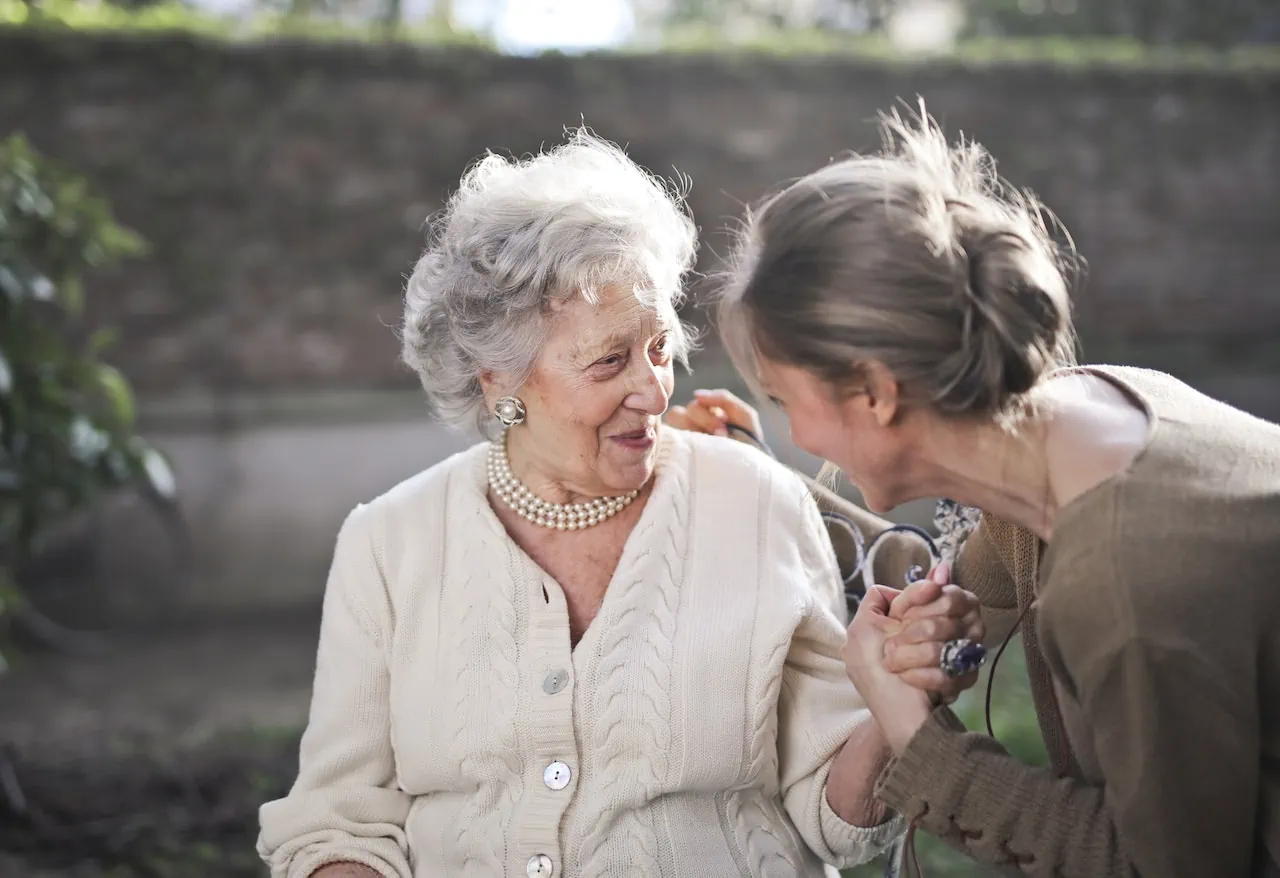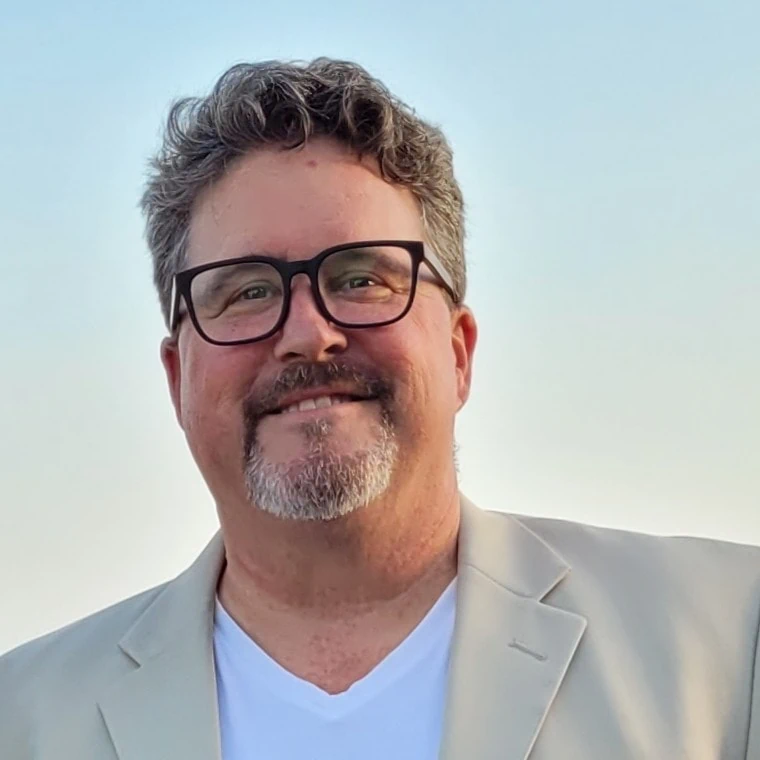
What Is Medication Management In Senior Living?
Senior living communities offer friendship, recreation, living space, convenience, and personal healthcare services like medication management. Medication management is an important aspect of senior living communities because it helps people stay healthy and at their best.
Why Is Medication Management So Important?
Effective medication management can help prevent medication-related complications, such as falls, cognitive decline, or adverse reactions. Some of these issues can lead to hospitalizations or ER visits. Proper management ensures medications are taken correctly, minimizing the risk of medication-related issues.
Many seniors who take medication take it themselves. People of all ages sometimes forget to take medication, but chronic conditions can become less managed and require stricter disease management as we age.
Older adults often have multiple health conditions that require them to take several medications. Managing multiple medications can be complex and increases the risk of medication errors, such as missed doses, incorrect dosages, or drug interactions.
For people with diabetes, taking medication and managing a diabetes-friendly diet is important and prevents dangerous blood sugar fluctuations. Chronic health issues require strict adherence to medication regimens, and some medications must build up in a person’s system to be effective.
Senior living communities often offer medication management as an amenity, handled by properly trained and/or licensed staff members.
Managing New Meds
When a person picks up a prescription from the doctor, they often find it overwhelming to learn more about the medication and sift through the fine print of side effects and dangers.
Older adults are more susceptible to experiencing adverse drug reactions due. As our bodies age, we develop a reduced ability to metabolize and eliminate medications from our bodies. This can increase side effects, drug toxicity, or medication interactions.
Monitoring Medications
As we age, we naturally have decreased kidney and liver function and a reduced tolerance for certain drugs. Seniors starting a new medication may require lower doses or different medication regimens to minimize adverse effects.
When you have staff that helps with medication, they also will keep an eye on the residents when they begin a new medication. (Older adults are generally more sensitive to the effects of medications due to changes in their body composition.)
Age-related cognitive changes, such as memory impairment or difficulty with organization and planning, can make medication management challenging. It may be harder for older adults to remember to take their medications as prescribed or keep track of complex schedules. Having medication management available can help people stay healthy and ease their minds.
Preventing Substance Misuse
Many older people are prescribed medications such as benzodiazepines or opioids to help with pain. While these drugs are mostly used as prescribed, some people who take them may misuse them.
Some people may take more decide to take more medication than needed to get a deeper or longer-lasting effect. Or they may use multiple substances, such as combining a benzo like Xanax with alcohol. This can increase the chance of experiencing side effects or accidental overdose.
Older people may be more vulnerable to substance misuse when they live alone and don't feel connected to their communities. Like people of other ages, they may use drugs to relax, forget about the world, and quell anxiety, depression, or loneliness. They may take more than needed or become addicted. Medication management can help prevent substance misuse among seniors.
Learn More About Present Moments
Living in a senior community can help people find friendship and recreation. Seniors will be monitored by professionals, providing community, nutritious meals, recreational opportunities, and other assistance while living their best lives in retirement.
Get in touch with us to learn more about our services. We'll do everything possible to help your loved one feel at home. Call us at (442) 232-2824 to learn how we can help.

